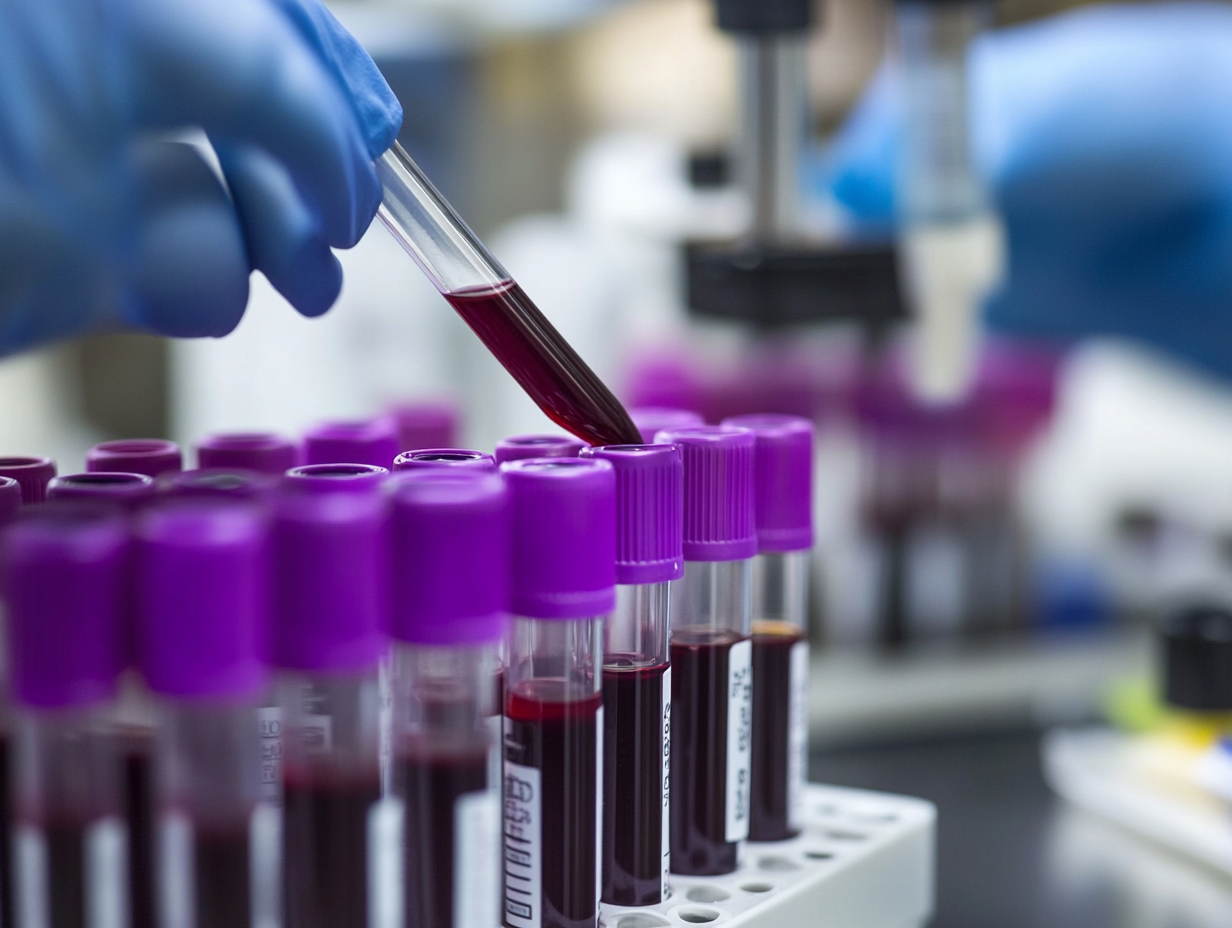Project 3: Addressing systems to ensure timely and equitable access to emerging fluid biomarkers for Alzheimer’s dementia

Background:
Blood tests and other “biomarkers” (tests to show how the body is working) are not routinely used to diagnose diseases like Alzheimer’s, except for Huntington’s disease. New treatments for Alzheimer’s disease, that have most benefit early in the diagnosis. It will make it more important than ever that Alzheimer’s disease is diagnosed early, and it is likely a blood or other biomarker test will provide the best way to do that.
Aims and objectives:
This project focuses on diagnostic biomarkers in Alzheimer’s, particularly in blood or cerebrospinal fluid (CSF), as they are most likely to be implemented soon. It aims to:
- Look at how likely it is that biomarkers will be used to diagnose Alzheimer’s soon.
- Explore how ready the UK healthcare system is for using them at scale outside of specialised services, and the best ways to do this.
- Ask clinicians, patients, and stakeholders in England about their views of how best to explain them and use them.
Methods:
We will look at past studies investigating how biomarkers have been used to diagnose Alzheimer’s disease. We will ask professionals and patients in dementia services how ready they are to make use of biomarkers. We will collaborate with other programmes like the Dementia Mission and NHS England.
Policy relevance and dissemination:
The project aims to align with a report on specific treatments for Alzheimer’s disease that will be released by the National Institute for Health Care and Excellence in 2024. We will also collaborate with initiatives like the Blood Biomarker Challenge. Outputs will include academic papers, policy reports, and publications in a range of journals to reach a broad audience. We will facilitate discussions and action on integrating biomarkers into dementia diagnosis and care pathways.
